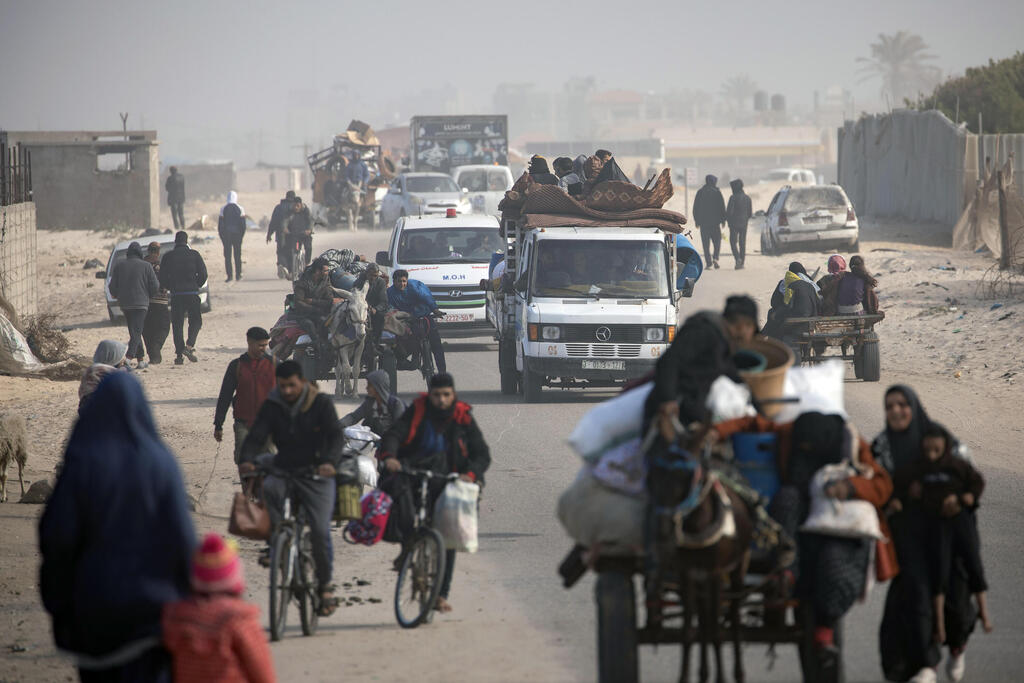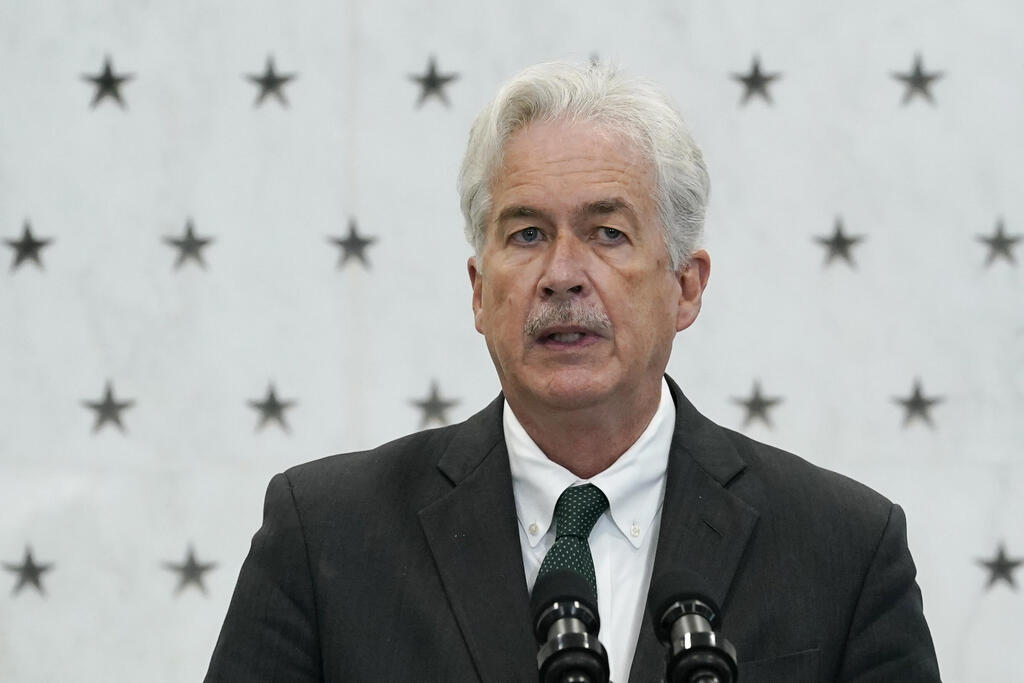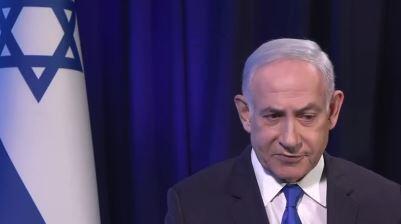Getting your Trinity Audio player ready...
The U.S. compromise cease-fire proposal, presented to Hamas as part of ongoing negotiations in Cairo, includes the return of as many as 150,000 displaced Gazan to the northern Gaza Strip, the Wall Street Journal reported on Tuesday, citing sources knowledgeable about the discussions. These officials expressed skepticism, cautioning against over-optimistic reports of progress in the dialogue aimed at gaining the release of Israeli hostages held by Hamas in Gaza.
The U.S. proposal, conveyed by CIA Director William Burns to representatives from Israel, Hamas, Qatar, and Egypt during the Cairo talks on Sunday, stipulates a cease-fire lasting six weeks. During this period, Hamas would release 40 of the 133 hostages it is currently holding captive. In return, Israel would free up to 900 Palestinian prisoners, including 100 who are serving lengthy sentences for terrorist crimes.
Negotiation mediators indicated that several significant disagreements persist between the two parties. These include the terms under which displaced Palestinians may return to northern Gaza, the identity of the Palestinian prisoners to be released, and whether the six-week cease-fire would become permanent.
In the meantime, the Political-Security Cabinet is expected to convene an unscheduled meeting this evening, diverging from its usual Thursday schedule. At the same time, Hamas has communicated to intermediaries that it requires time to consider the proposal. Hamas officials told the Saudi channel Aswaaq Al Sharq that they are in the process of reviewing the proposal, acknowledging some minor advancements but emphasizing the need for modifications and additional clarifications on several points.
The proposal also involves the return of Palestinian non-combatant civilians to northern Gaza, with the provision that Israeli military outposts are positioned at least 500 meters from Salah al-Din and al-Rashid streets, which the returnees would use to travel back to their homes.
Daniel Levy, a former Israeli negotiator and government official who is identified as an official source in the government by the Wall Street Journal, questioned whether the CIA chief's stance disregards the larger issue at hand, namely, whether the proposed six-week truce would precede an Israeli military operation in Rafah and additional Israeli attacks, or whether it represents the initial step toward a lasting cease-fire.
Levy further observed that if Israel were granted excessive discretion in choosing which of the 100 Palestinian prisoners serving lengthy sentences would be released, it could potentially derail the deal, especially considering that Hamas aims to secure the release of prominent Palestinian figures held in Israeli prisons.
'No force in the world will stop us'
In a meeting on Tuesday with newly conscripted IDF recruits, Prime Minister Benjamin Netanyahu vowed to eradicate Hamas, including their units in Rafah. "No force in the world will stop us. There are many forces trying to do this but it will not help because this enemy, after what it has done, will not do this again," Netanyahu said. He acknowledged opposition, but added that "it wouldn't derail our mission." He also stressed that the enemy, after its past actions, will not repeat them nor survive. He rallied the recruits, saying that their service "will contribute in one way or another to completing the goal."
Netanyahu then outlined four main objectives. First, to rescue all the hostages. Second, to wipe out Hamas. Third, to ensure Gaza no longer threatens Israel. And, finally, to defeat Iran's axis of evil, of which Hamas is a part. He emphasized defeating Hamas would also mean a victory over this wider axis, and noted the world was watching to see who would win in this battle - Israel or Iran and its proxies - and he was sure Israel would be victorious.
Discussing the recent talks in Cairo, Netanyahu revealed that he had received a detailed report and stated they were constantly working to achieve their goals. The main ones are to free all Israeli hostages and secure a total victory over Hamas. He said this victory would involve entering Rafah and removing the terrorist units there, assuring this would happen soon, even though he didn't provide a specific date.
In response to Netanyahu's comments, U.S. State Department spokesman Matthew Miller said the US had not been informed of a date for the proposed Rafah operation and expressed Washington's hope to avoid a large-scale invasion of the area.





